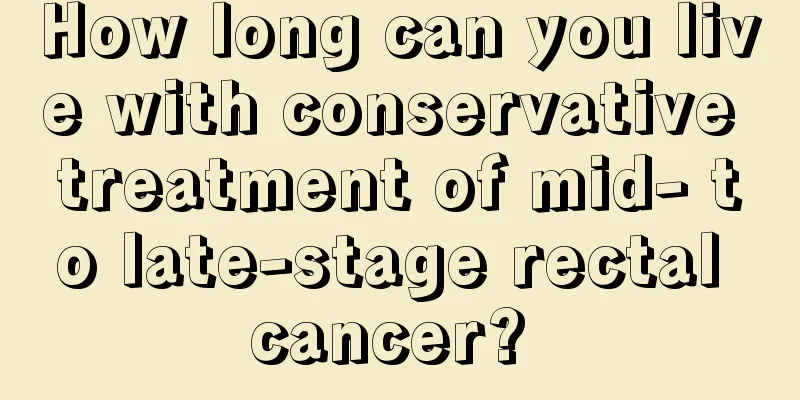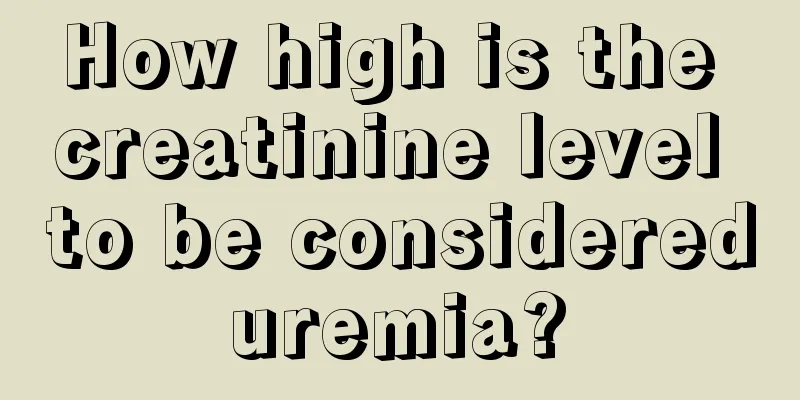Suddenly fainted and lost consciousness after drinking

|
Some people tend to like drinking, especially for men, drinking is also a symbol of status, but alcohol has certain side effects. If you are allergic to alcohol, you should pay special attention. Suddenly fainting and losing consciousness after drinking is a very serious situation. This is mainly because the brain is not supplied with enough blood, unable to respond in time and losing will. So when drinking, be moderate and don't drink too much. one, Syncope, also known as fainting, is a brief loss of consciousness caused by a transient lack of cerebral blood flow. Fainting lasts from a few seconds to a few minutes, with lowered blood pressure, slower heart rate, eyes rolling up, dilated pupils, no tongue biting, Urinary incontinence, a few have short-term convulsions. It is related to the stimulation and inhibition of the cerebral cortex by alcohol, which is often temporary. The main thing is to avoid getting drunk in the future. two, A reflex syncope: 1. Vasodepressor syncope - the most common, accounting for more than 50%. The characteristics are: syncope is often induced by fatigue, fasting, poor ventilation and mental factors (tension, pain); there are short-term prodromal symptoms such as dizziness, vertigo, weakness, limb weakness, etc. before syncope; syncope is accompanied by slow pulse, decreased blood pressure, pale complexion, cold sweats, etc., and recovery is relatively fast without obvious sequelae. three, 2 Orthostatic hypotension - often occurs when turning from a supine position to an upright position, and can also occur when standing for a long time. During fainting, blood pressure drops but heart rate changes little. 3 Urinary syncope - mostly occurs in young and middle-aged men, syncope often occurs during or after urination. 4. Carotid sinus syncope - seen in middle-aged and older people, syncope is related to sudden head rotation. Hypoglycemia syncope: The attack is often related to fasting, and may also occur 2 to 4 hours after a meal. Syncope often occurs slowly, with fatigue, dizziness, sweating and hunger. Recovery is also slow, and the condition improves after drinking sugar water. During an attack, there is no obvious change in blood pressure and pulse, and blood sugar levels are often inconsistent with symptoms. 5. Cardiac syncope: Patients often have a history of heart disease, mostly caused by severe arrhythmias, such as tachycardia, bradycardia (below 40/min) or arrest, valvular heart disease leading to obstruction of cardiac output, etc., which lead to insufficient blood supply to the brain and syncope. 6. Brain-induced syncope: Common cerebrovascular diseases such as cerebral arteriosclerosis and transient cerebral ischemia are often caused by elderly patients. |
<<: How to deal with fever after drinking
>>: Can't ejaculate after drinking
Recommend
How to exercise after bone cancer surgery
How to exercise after bone cancer surgery? Physic...
What is the cause of dry seborrheic dermatitis on the scalp?
The occurrence of dry seborrheic dermatitis on th...
Brief analysis: symptoms and treatment of laryngeal cancer patients
It is a relatively common malignant tumor. Its ca...
Why is the well water temperature higher in winter
People who still use well water at home will find...
How much does it cost to professionally treat uterine cancer
When women are about to start enjoying a comforta...
Dull pain on the left side of the chest
There is a dull pain on the left side of the ches...
What causes heel pain
Many middle-aged and elderly people experience so...
What is the cause of calcium oxalate stones
Calcium oxalate stones are a relatively common ty...
Itchy armpits with red bumps
Itchy armpits and red bumps are mainly caused by ...
What are the dangers of skipping breakfast
Nowadays, many people do not eat breakfast becaus...
Is pancreatic malignancy cancer? It is highly malignant
The pancreas has two functions, endocrine and exo...
Which hospital is good at treating multiple brain tumors
Which hospital is good at treating multiple brain...
What are the main methods of forehead filling
In the eyes of many people, people with full fore...
What are the benefits of adding vinegar to shampoo
Vinegar is an indispensable condiment in our dail...
Pain when urinating in the morning
After a night of metabolism, people will relax th...









